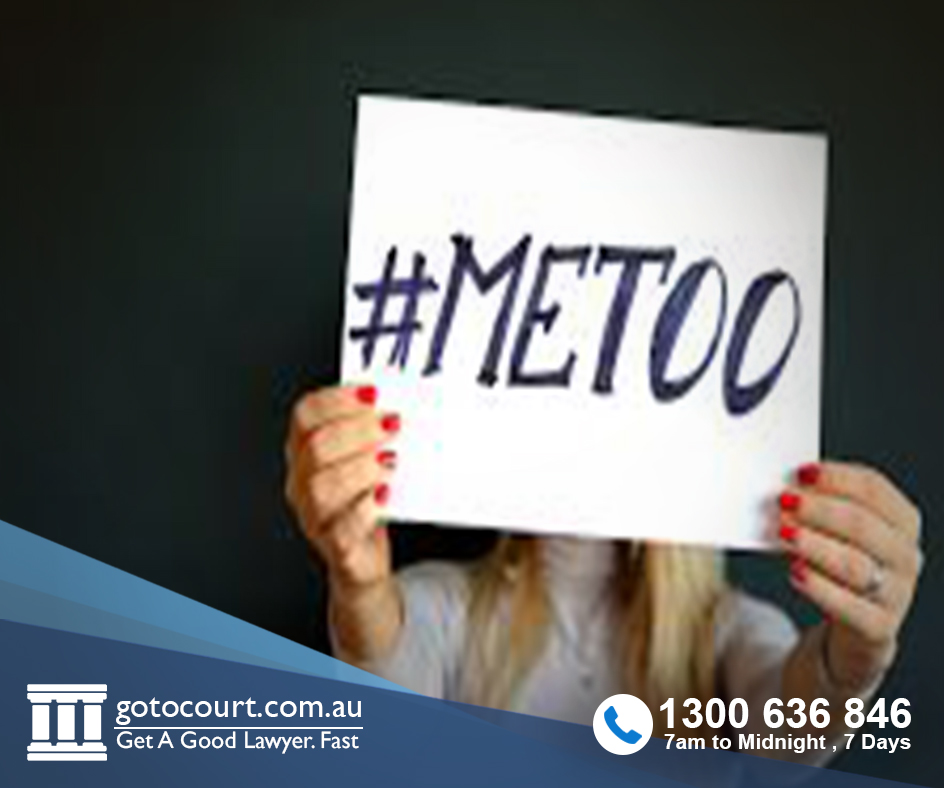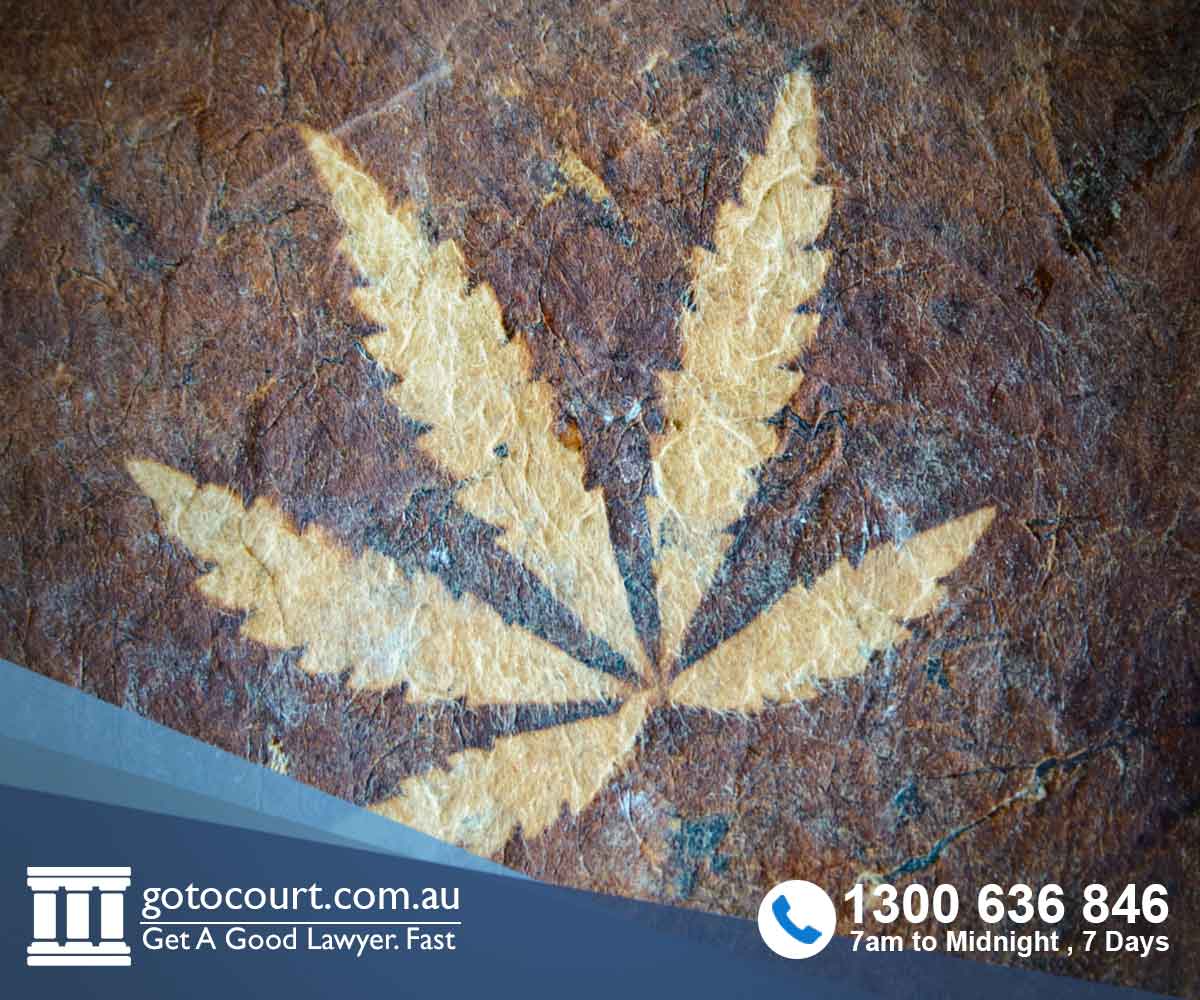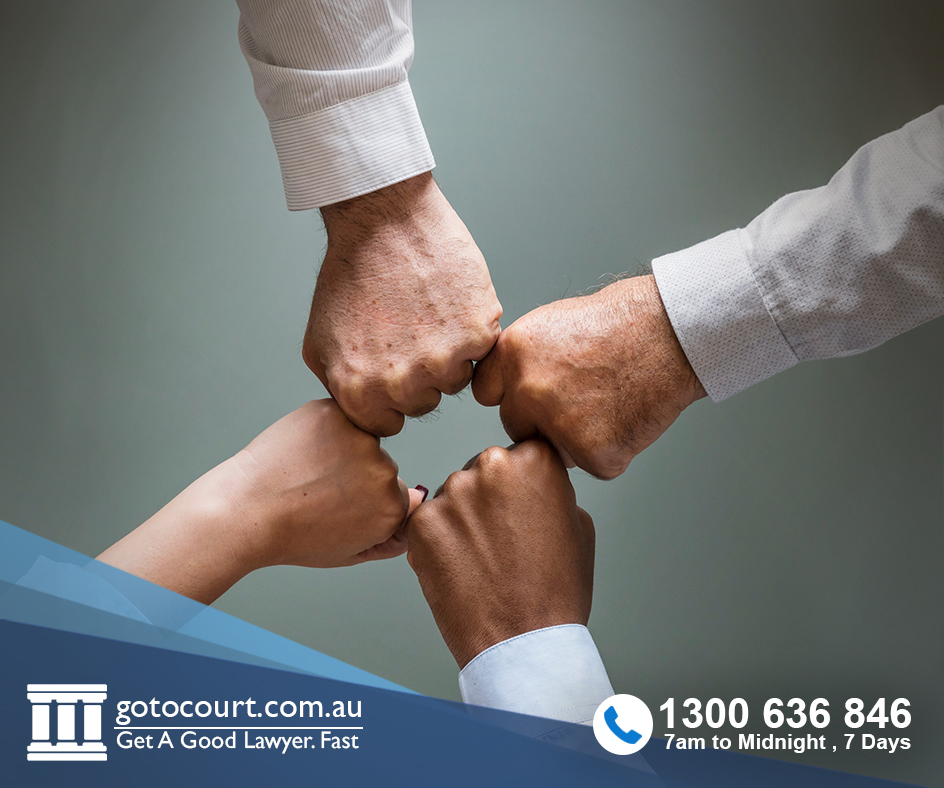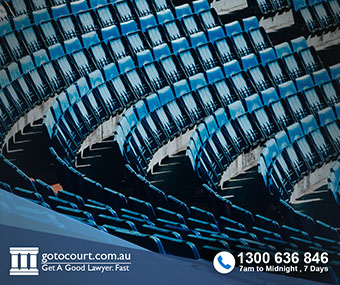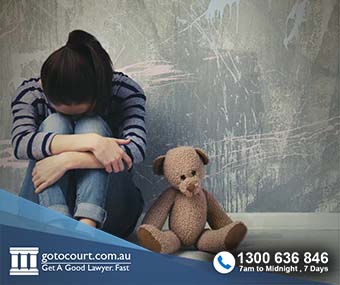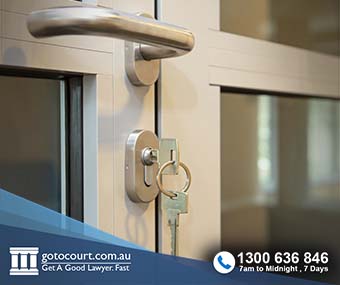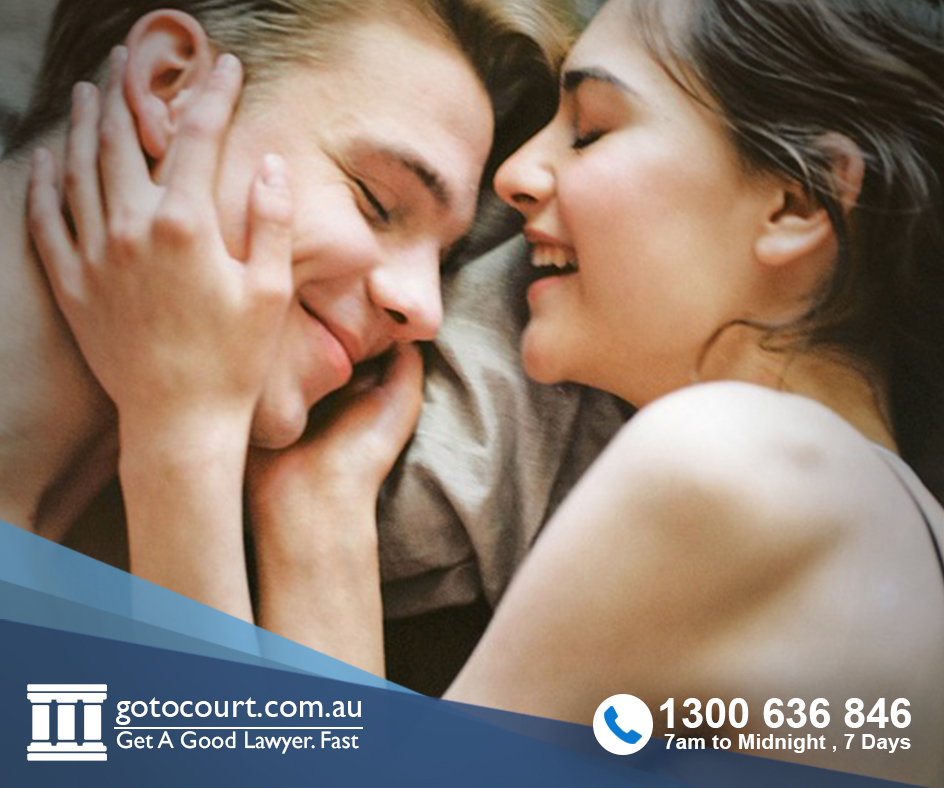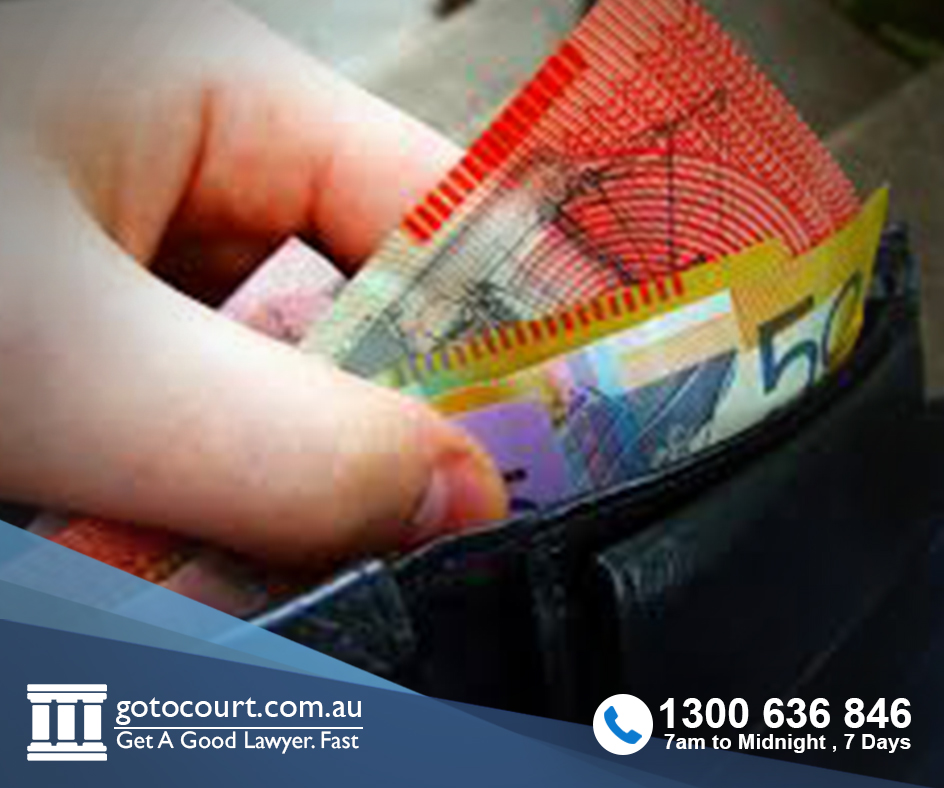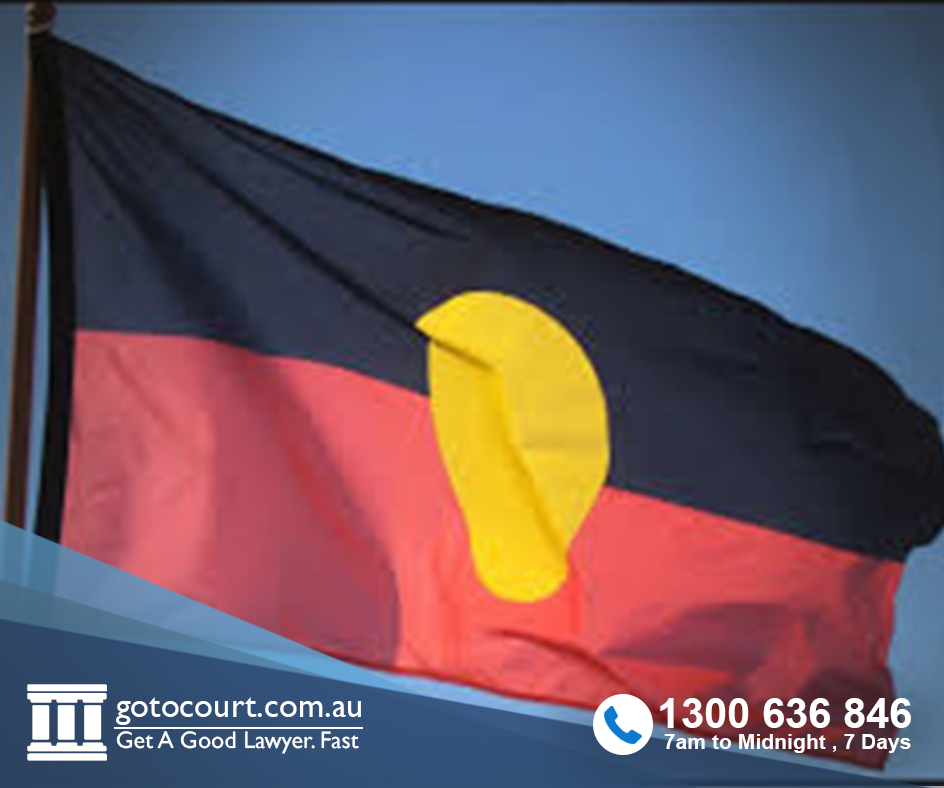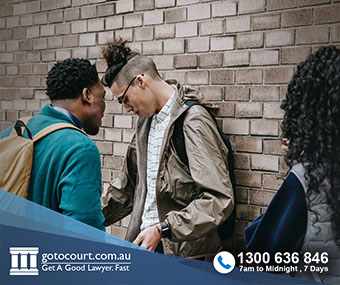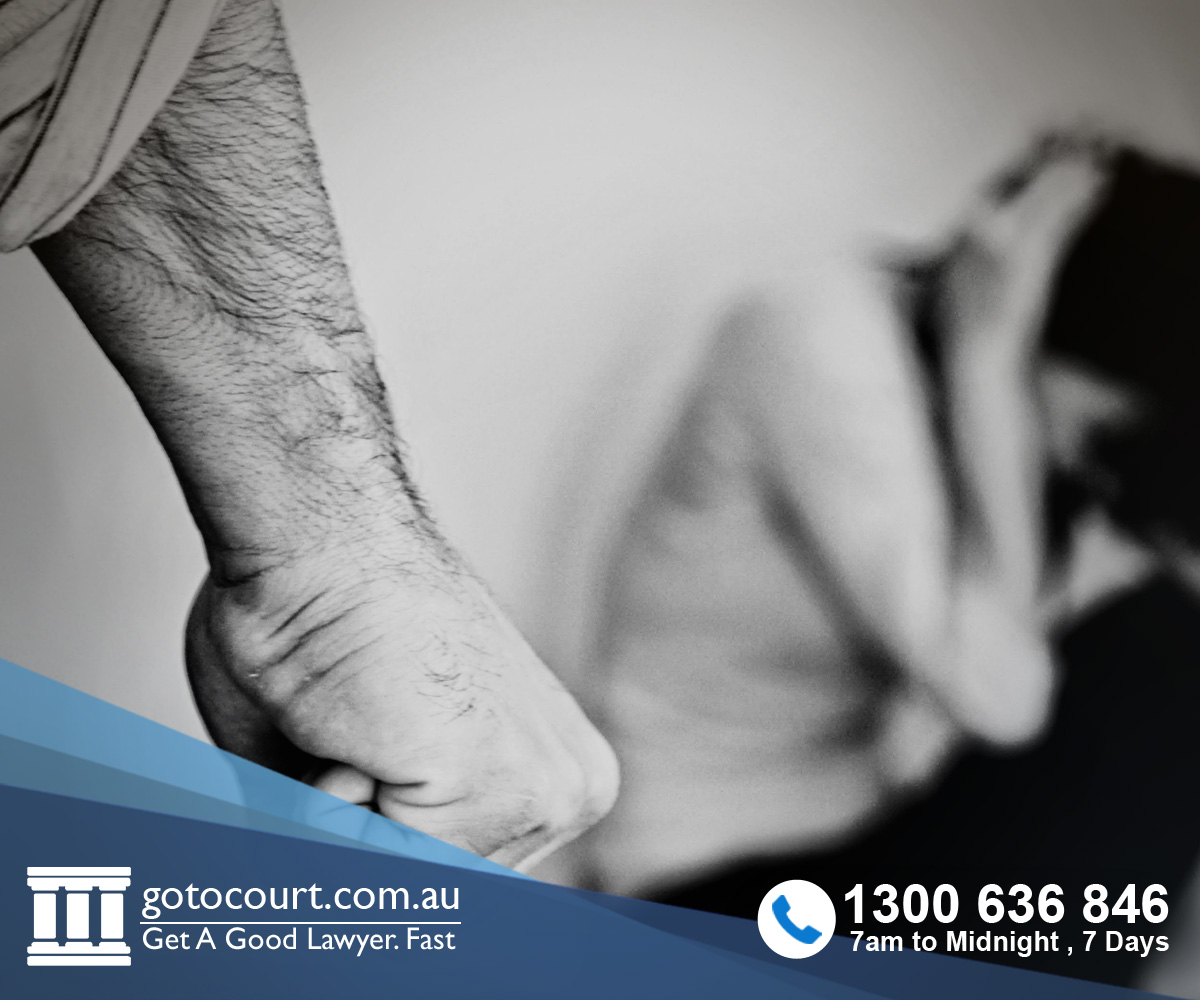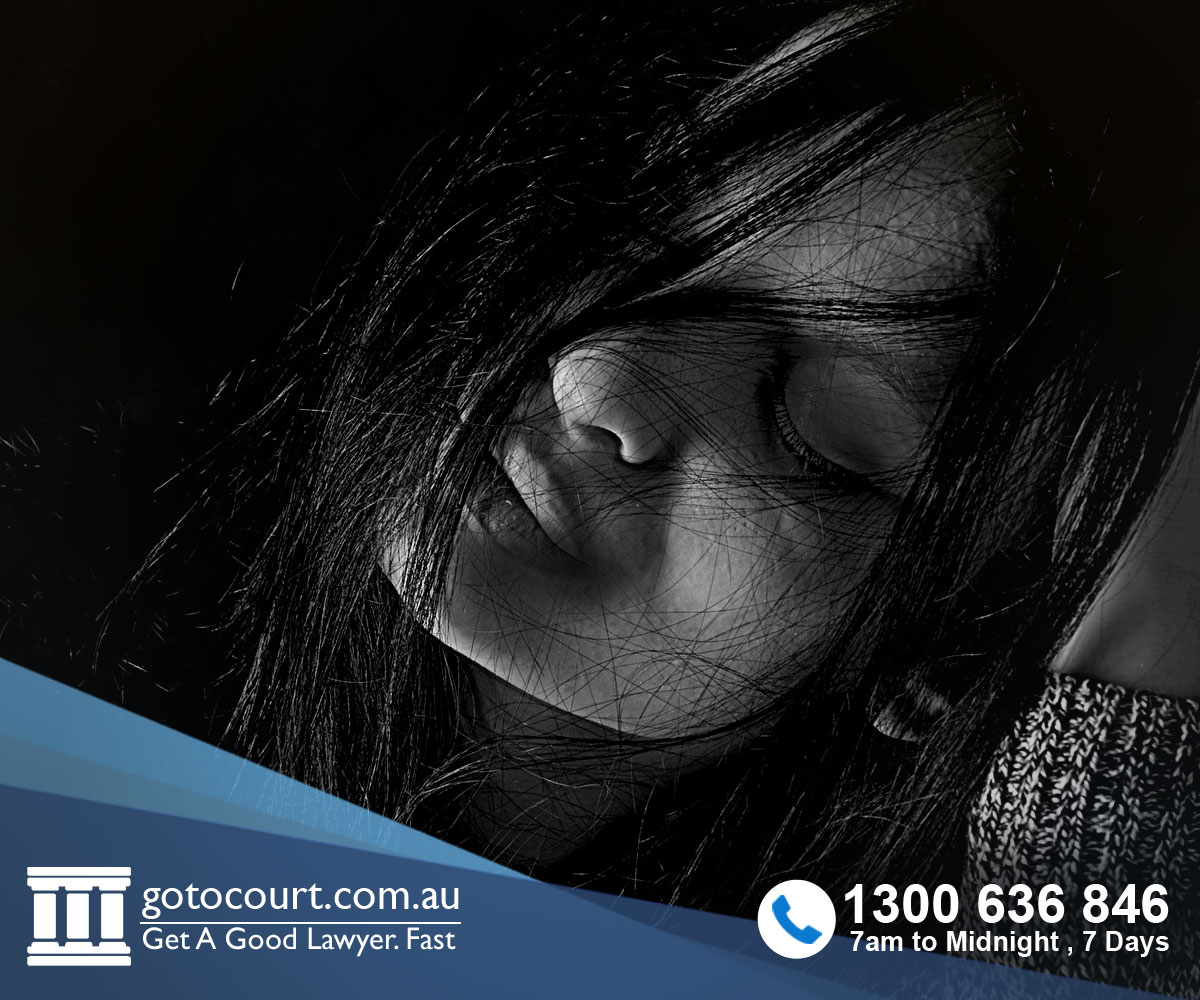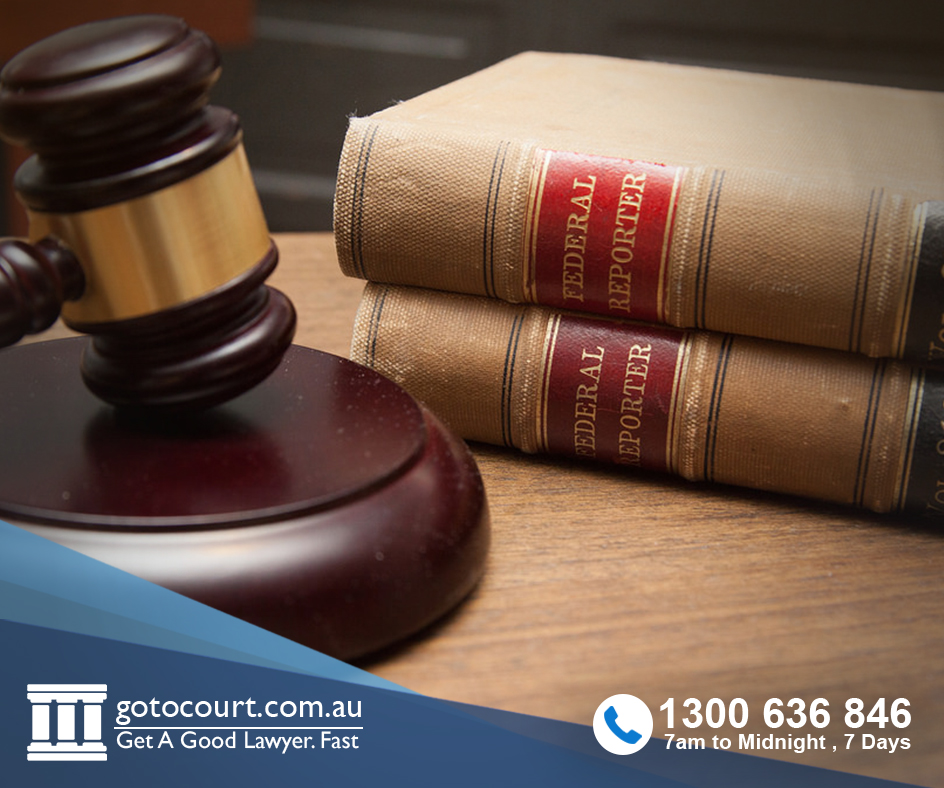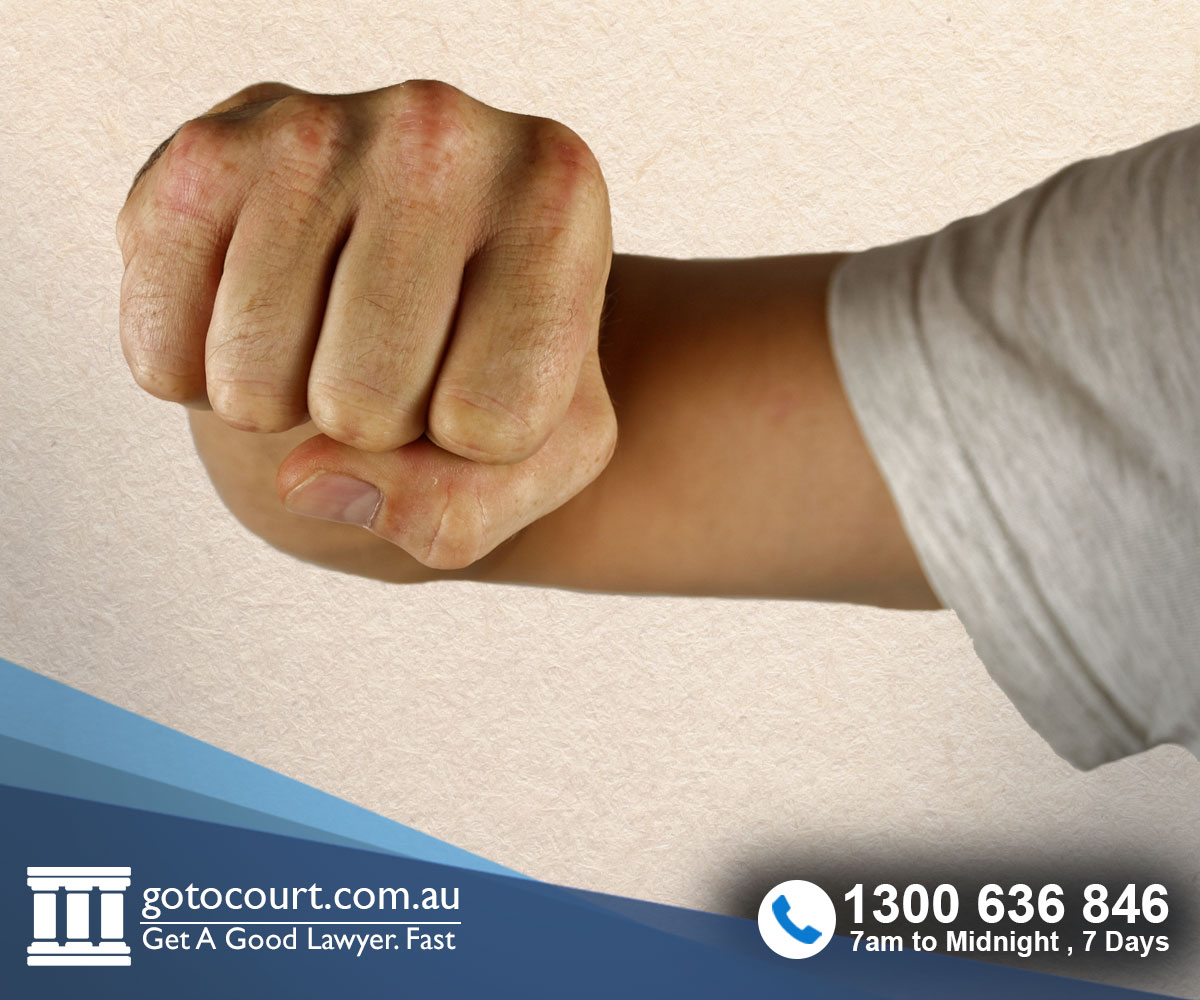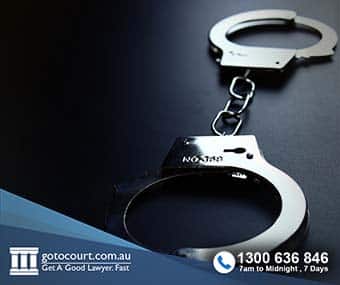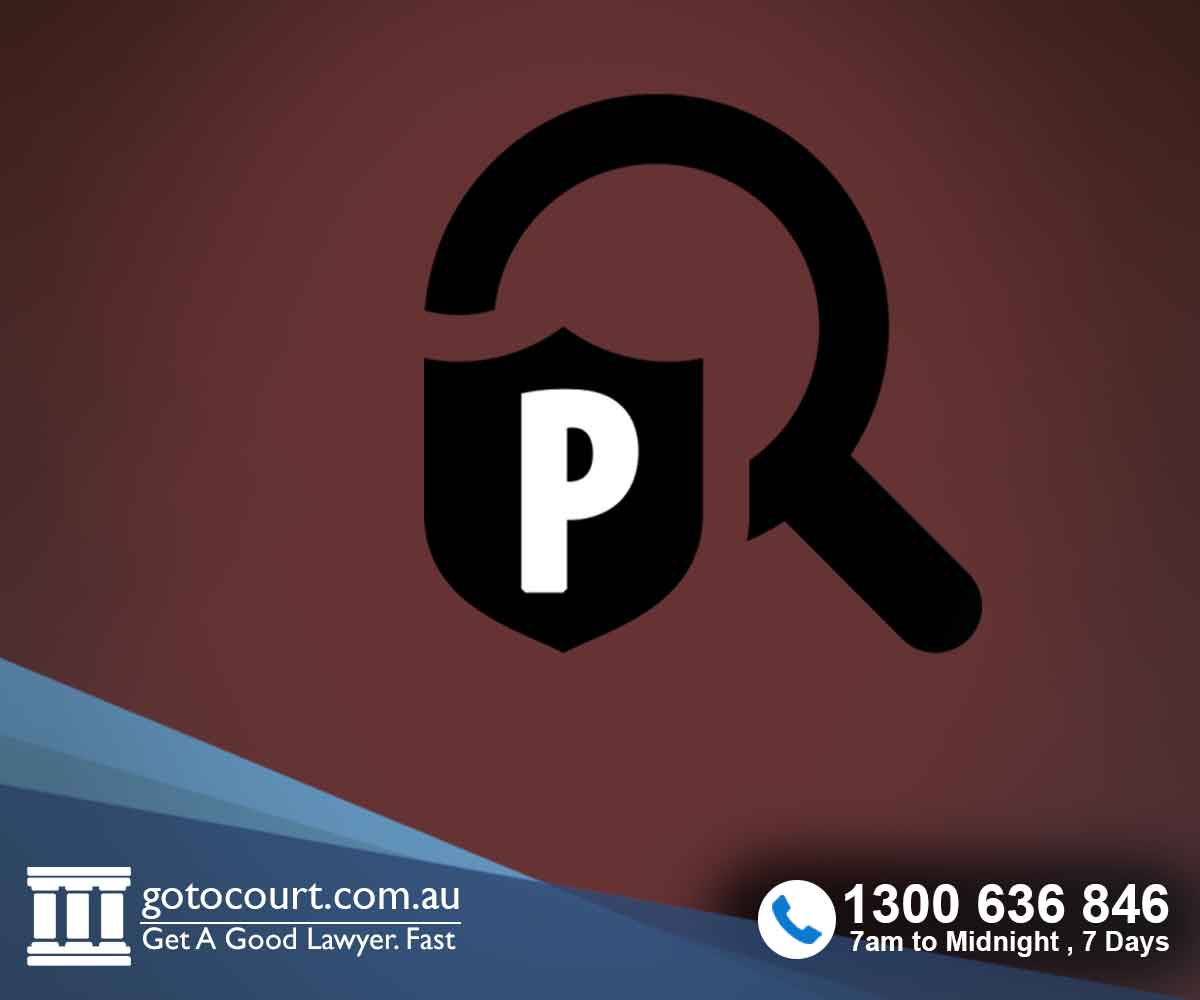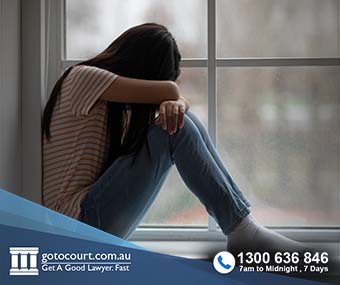Call our lawyers
now
or,
have our lawyers
call you
Bail in Victoria
Updated on Dec 08, 2022 • 5 min read • 550 views • Copy Link
Bail in Victoria
When a person is accused of committing a minor criminal offence in Victoria, they will usually receive a summons stating a time and date when they must go to court. For a more serious crime, a person may be arrested by the police and remanded in custody. In those circumstances, the person can apply to be released on bail in accordance with the provisions of the Bail Act 1977. Bail is the release from custody on condition that they attend court at a later date and time to respond to the charges. Other conditions may also be attached to a person’s bail. Bail may be granted by the police or by a court. In both cases, a written promise will set out the terms of bail. This is known as the bail undertaking or bail bond. This page deals with bail in Victoria.
Procedure for being granted bail when arrested
If you are arrested for committing a crime, you will be placed in the custody of a police officer who is legally obliged to consider whether they should grant you bail. If you are an Indigenous Australian, any special circumstances relating to your Indigenous heritage must be taken into account. If it is impracticable for you to be taken to a court within 24 hours of your arrest, that police officer (if they have the rank of sergeant or above) must release you on bail unless there is a legal ground for refusing bail (for example, there is an unacceptable risk you will commit another offence whilst on bail).
If it is practicable to bring you before a court, the police officer may refuse to grant you bail. They must (if requested by you) then arrange for you to be brought before a bail justice as soon as possible, to whom you can then apply for bail. If the police officer does grant you bail, a number of conditions of release may be imposed, including (but not limited to) residing at a particular address, staying away from certain venues (e.g. schools) and surrendering your passport. A condition requiring you to attend court at a particular time and date for your trial will also be imposed.
Alternatively, if you have committed a particular summary offence (e.g. being found drunk in a public place), the police officer may accept a small monetary deposit (not exceeding $50) as security for paying any penalty imposed.
Procedure for being granted bail by a court or bail justice
If you are not granted bail when arrested, you will be remanded in custody until you are brought before a court or bail justice. The court or bail justice will refuse to grant you bail if they conclude there is an unacceptable risk of you not attending court when required, or committing an offence whilst on bail. This conclusion will depend on factors such as the seriousness of the offence and your character. Bail will also be refused for certain offences (e.g. drug trafficking) unless there are exceptional circumstances for granting bail.
Certain crimes (e.g. breaching a family violence intervention order) will require you to show why you should be granted bail. The court or bail justice can consider any evidence it thinks is relevant to your character, and the Crown will give evidence demonstrating why you should not be granted bail. This may include evidence of previous convictions, and evidence of previous failures to surrender yourself into custody. If your bail application is approved, you will sign a written bail undertaking that specifies the conditions of your bail and when you are required to attend court.
The kinds of conditions which may be imposed are similar to those if a police officer grants you bail. Two major conditions which may be imposed are the requirement to make a money deposit as security for paying any penalty imposed, or requiring a surety of a particular value.
What happens if I am approved for bail?
You will be subject to the terms of your bail undertaking and allowed to leave custody. If you breach a condition of your bail without a reasonable excuse, you will commit an offence with a maximum penalty of 30 penalty units or three months imprisonment.
Bail conditions could include, for example, surrendering your passport, staying out of certain geographical areas and reporting regularly to a police station.
You will also commit the offence of breach of bail if you fail to appear at court when required, with a maximum penalty of 12 months imprisonment possibly applying. You may also be ordered to forfeit any deposit or other security paid if you fail to attend court when required.
The Director of Public Prosecutions may also appeal a decision to approve you for bail if it is in the public interest.
What happens if I am refused bail?
If your application for bail is refused, you will be kept in custody until your trial. You can make a further application for bail, but only in certain circumstances (for example, if new facts or circumstances have arisen since you were refused bail, or if you were not represented by a legal practitioner when your bail application was refused).
What is a surety?
A surety is a person over 18 years old who agrees to forfeit money or other property if you breach the conditions of your bail. The court will have to decide whether the nominated “surety” is suitable for the role based on their own personal conditions. The court may also require a surety as a bail condition. Often having a surety will assist you with receiving a positive outcome at a bail application.
If you require legal advice or representation in any legal matter, please contact Go To Court Lawyers.


Affordable Lawyers
Our Go To Court Lawyers will assist you in all areas of law. We specialise in providing legal advice urgently – at the time when you need it most. If you need a lawyer right now, today, we can help you – no matter where you are in Australia.How It Works








1. You speak directly to a lawyer
When you call the Go To Court Legal Hotline, you will be connected directly to a lawyer, every time.


2. Get your legal situation assessed
We determine the best way forward in your legal matter, free of charge. If you want to go ahead and book a face-to-face appointment, we will connect you with a specialist in your local area.


3. We arrange everything as needed
If you want to go ahead and book a fact-to-face appointment, we will connect you with a specialist in your local area no matter where you are and even at very short notice.

